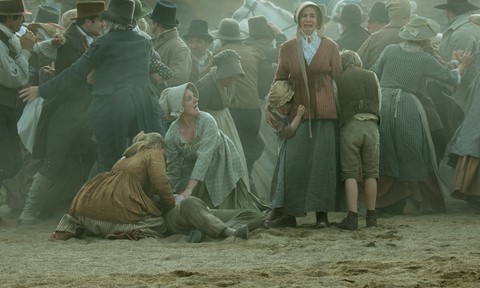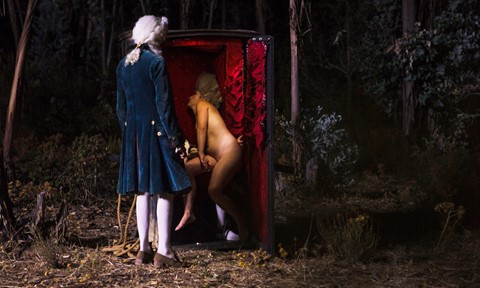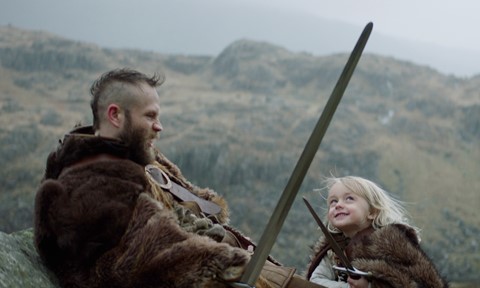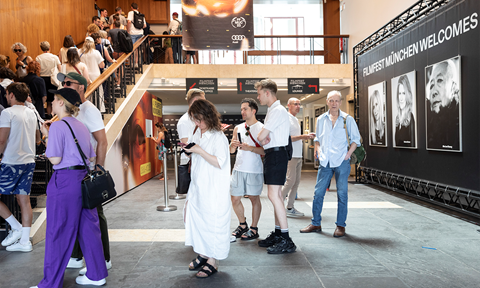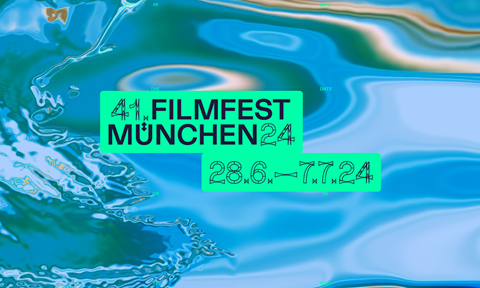MASTERFUL CINEMA

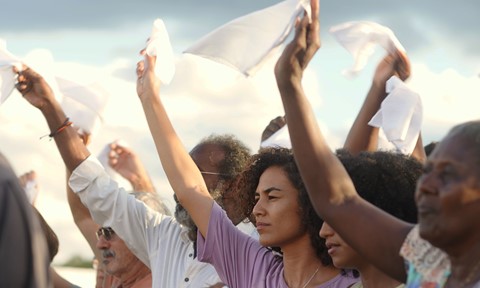
Sometimes we're in another world, encountering peculiar imaginary creatures, and sometimes we're in our own world, learning to see it in a new light. We're there when young people discover what life is all about, and we're there in the final moments when death draws near. The films in this year's CineMasters competition reflect the complete spectrum of cinematic diversity. They aim to provoke, sometimes to hurt, or to make people think. Sometimes they also show us the beauty that's all around us, aiming to captivate us and give us hope. Yet they all have one thing in common: they are the work of true masters of cinema.
Some of their names are ones you'll recognize: Ethan Hawke, for example, whose acting career earned him international fame and several Oscar nominations. In BLAZE, his fourth film as director, he once again turns to his great love of music, a frequent source of inspiration for his films. This time he tells the touching story of country singer Blaze Foley, whose music influenced lots of artists but never received the recognition it deserved.
Bong Joon Ho, on the other hand, is now a household name, thanks to his triumph in Cannes, where his latest offering received the Golden Palm for best film. In PARASITE, this exceptional South Korean director returns to his home country, where an out-of-work family arrives at a new way of looking at things — thanks to another family it attaches itself to. As is usual for Bong, the film sleepwalks through genres: it's a satire for a while, then a thriller or a deep tragedy.
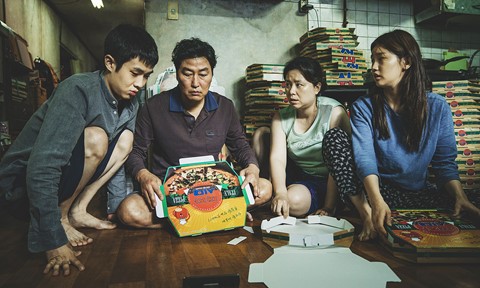
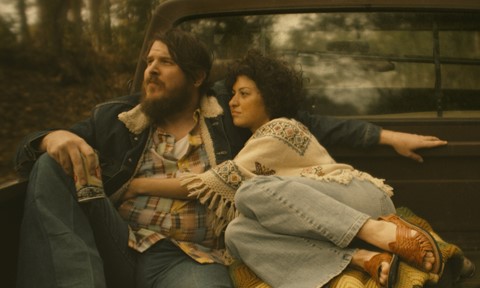
A tragedy is what took place in Manchester on August 16, 1819, when a peaceful demonstration for more rights ended in a massacre. In PETERLOO, English veteran director Mike Leigh memorializes an event that was as gruesome as it was significant: a fatal attack on free speech, and an attack whose effects can still be felt today.
Spanish director Albert Serra has also demonstrated several times that he is a master of historical subjects. In LIBERTÉ, he returns to late 18th-century France. The protagonists don't need to fear violence, but rather oppression. A trio of nobles set off to submit to their lust and desires in an isolated forest where they won't be disturbed, as an expression of newfound freedom.
Naïma in AN EASY GIRL by French director Rebecca Zlotowski is also in the process of exploring the world and her own identity. She's eager to test boundaries and seek out her own path. She's 16, an exciting age to be, full of possibility and unfocused desires. Her cousin Sofia, who's six years older, is already much further along and knows exactly what she wants — particularly from men. Her self-confidence fascinates the younger girl, who's not yet at all sure who she really wants to be.
Spanish director Isaki Lacuesta tells a very different family tale in BETWEEN TWO WATERS, a work that's something between a documentary and a feature film. This time it's two brothers who return to their home city and find themselves having to cope with each other's very different views on life as well as the painful memory of their late father.
A father is missing from FIRE WILL COME. Instead, French-born Spanish director Oliver Laxe examines the special relationship between a mother and her son, who has just been released from prison. This relationship is not one of many words; the old woman, like the few other people in the mountains of Galicia, lives in harmony with nature — until fire comes.
Unspoiled nature? One can expect to find it in BACURAU. Idyllic is even what one could call this little place that Brazilian-born directing duo Kleber Mendonça Filho and Juliano Dornelles have created. But that's not an accurate impression. While the residents of a small village in the middle of a dense jungle fondly care for each other, outsiders pursue a very dark aim — and a very bloody one — hoping that as little of their tight-knit community shall remain as of the village itself.
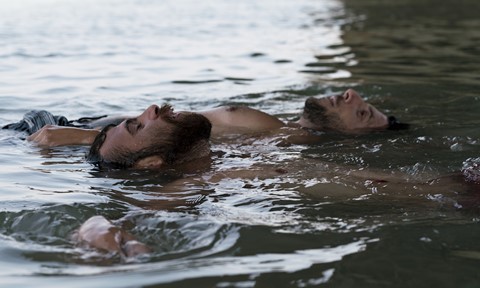
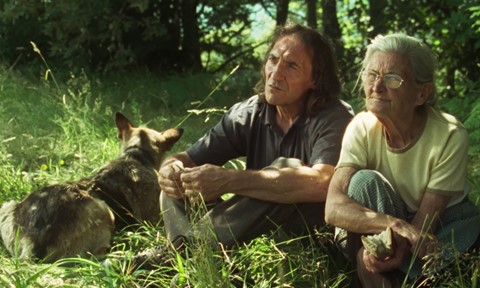
In COLD CASE HAMMARSKJÖLD, we switch continents as we follow Mads Brügger on his quest to find out why UN Secretary General Dag Hammarskjöld died in what is now Zambia in 1961. Those familiar with the Danish provocateur's other films will know that the director very much takes his own approach, with surprising results — sometimes hilarious and other times hair-raising.
The tenth and final film in this section is, by contrast, one that tugs on the heartstrings: THE PLACE OF NO WORDS by US director Mark Webber. With no whitewashing or false sentimentality, we get to know Webber's alter ego, a father with a terminal illness who seeks a way to prepare his three-year-old son for the inevitable. The two of them share a great love of the imagination, which leads to a lot of imagined adventures together, and a great love for each other that transcends death.
